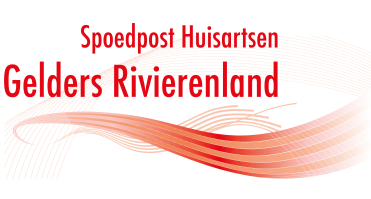Thrush
Thrush is a fungal infection caused by candida albicans. Thrush can cause white spots or spots on the tongue or other places in the mouth. It looks like a white layer across the tongue or on the inside of the mouth. You will not be able to get rid of this white layer. It mainly occurs in newborn breastfed babies under 6 weeks of age. The baby is usually infected through the mother's nipple. Thrush can also be transmitted during birth, through the teat or through a finger with fungus on it. Adults carry thrush, but usually experience no symptoms. Thrush is generally harmless and will go away on its own. However, the thrush must be treated in case of severe symptoms.
Your baby usually won’t have any symptoms if he or she has thrush. However, your baby may drink more restlessly, or release your nipple more often. Some babies have more symptoms as a result of thrush, such as:
- White spots or patches in the oral cavity. This can be all over the oral cavity, or in a few places, such as on the tongue, against the cheeks or against the roof of the mouth.
- Blisters in the mouth.
- Strikingly glossy lips.
- Red rash on the buttocks. This occurs when the thrush is on the buttocks.
Mothers can also suffer from thrush. For example, you may suffer from sore nipples, because the fungus is on your nipples.
Good hygiene is especially important if your baby has thrush. Before you breastfeed, it’s best to:
- Thoroughly wash your hands.
- Clean your nipples well with lukewarm water.
The fungus will go away fastest with dry and clean skin and dry and clean nipples. It’s therefore best to do the following once you’ve breastfed:
- Allow the nipples to dry thoroughly before putting your bra back on.
- Use clean nursing pads to keep the skin around your nipple dry.
It’s also advisable to thoroughly boil teats and bottle teats on a daily basis to kill bacteria and to guarantee optimal levels of hygiene. Also keep the teats and bottles in a dry and clean place.
And finally, it’s important to regularly wash your hands. Especially wash your hands after going to the toilet and after changing your baby’s nappy. We’d also recommend washing your hands before feeding your baby.
Thrush will go away on its own in most babies. However, we recommend contacting your GP if any of the following applies to your baby:
- Your baby still has thrush after 2 to 3 weeks.
- Your baby is very restless while feeding. Your baby cries a lot, or keeps releasing the nipple.
- Your baby has a red rash on his or her buttocks, or the skin on the buttocks is broken.
- You or your baby is very bothered by the thrush symptoms.
Your GP will then further investigate the symptoms with you and your child. Medication can then be prescribed if necessary. This is usually given in the form of a cream.
